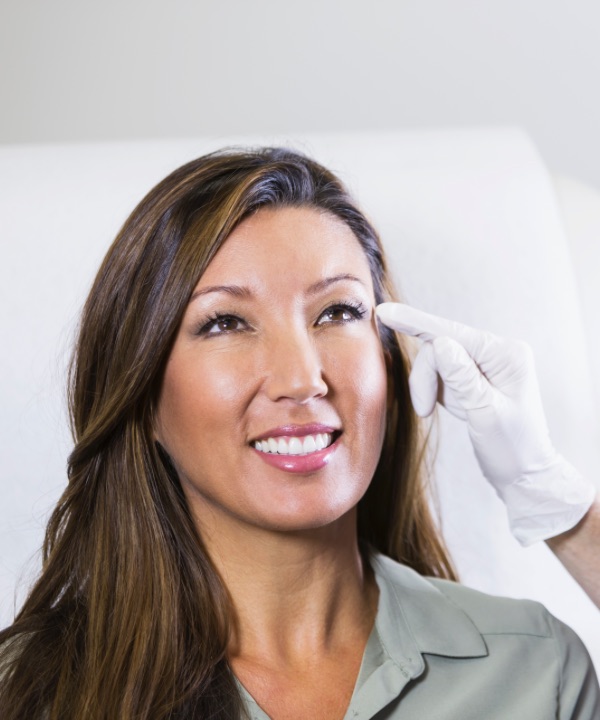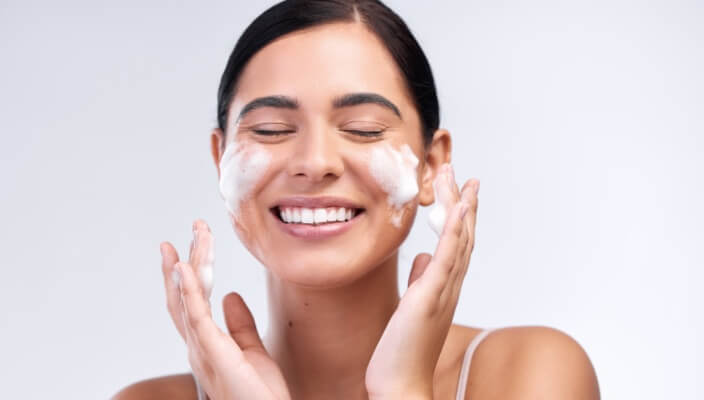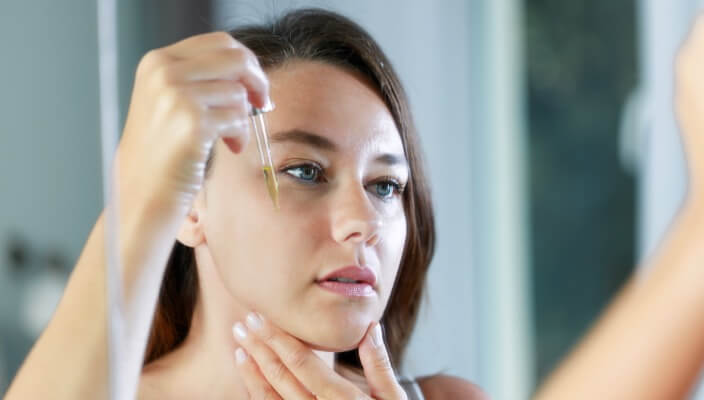All About Topical Retinoids
What Are Topical Retinoids?
 It’s no secret that caring for your skin is an important part of any beauty routine – but have you ever considered the countless benefits that topical retinoids can provide? Retinoids are vitamin A-based compounds used to address a wide variety of skin concerns ranging from wrinkles and dark spots to acne. At Tru-Skin Dermatology, our team has extensive experience in providing top-notch services involving retinoid usage, so we’d like to take this opportunity to tell you all about what they are, how they work, and why they’re an essential part of taking care of your skin. Get ready for clearer, younger-looking skin with awesome tips on using retinoids!
It’s no secret that caring for your skin is an important part of any beauty routine – but have you ever considered the countless benefits that topical retinoids can provide? Retinoids are vitamin A-based compounds used to address a wide variety of skin concerns ranging from wrinkles and dark spots to acne. At Tru-Skin Dermatology, our team has extensive experience in providing top-notch services involving retinoid usage, so we’d like to take this opportunity to tell you all about what they are, how they work, and why they’re an essential part of taking care of your skin. Get ready for clearer, younger-looking skin with awesome tips on using retinoids!Topical retinoids are vitamin A derivatives that are used in skincare products. They are the gold standard for treating acne, fine lines, wrinkles, and hyperpigmentation, among other skin conditions. They work by increasing cell turnover, unclogging pores, and stimulating collagen synthesis. Some examples of topical retinoids include tretinoin (Retin-A), adapalene (Differin), and tazarotene (Tazorac).
Topical Retinoids Uses
What To Know Before Use
How To Use
How Often Should I Apply Topical Retinoids?
The frequency at which you should apply topical retinoids depends on the severity of your skin concern and the type of retinoid being used. Generally, it’s recommended to start with applying it every other night for the first few weeks and gradually increase the application to every night as the skin adjusts. Some dermatologists suggest using retinoids every other day to avoid excessive irritation. Overall, the application frequency should be based on your unique skin concerns and your dermatologist’s recommendations.
Are There Side Effects of Topical Retinoids?
Topical retinoids may cause some side effects, including redness, peeling, and dryness. These side effects are common but usually subside after the skin becomes acclimated to the retinoid. It is important to avoid overuse of the retinoid to prevent severe irritation and inflammation. If severe side effects occur, it is best to seek medical advice.
How Do You Choose The Right Retinoids For You?
Choosing the right topical retinoid depends on your skin type and condition. Your dermatologist can help you decide which retinoid is most appropriate for your skin. Factors to consider include the strength of the retinoid, the formulation (gel, cream, lotion), and the potential side effects. Some retinoids are available over the counter, while others require a prescription.

Why Choose Tru-Skin Dermatology For Help With Your Skincare?
Tru-Skin Dermatology specializes in all aspects of dermatology, including the use of topical retinoids. Our team of experienced dermatologists can help you determine the right topical retinoid for your skin type and condition. We also offer a range of other skincare products and procedures to help you achieve your desired results. Contact us today to schedule a consultation and start your journey to healthier, more beautiful skin.
Featured Retinoids
Check your local office for current stock!
Check your local office for current stock!
Related Blogs

- General Dermatology
- Skin Care
In this blog post, we will highlight the most common errors people make while washing their faces and provide practical solutions for maintaining healthy skin.
Read More
- General Dermatology
- Skin Care
Having sensitive skin can be a real challenge. In this blog post, we’ll give you some insights on how to develop an effective skincare routine for your sensitive skin, so you can keep it healthy and glowing without any irritations.
Read More
- General Dermatology
- Skin Care
In this blog post, we’ll take a closer look at the benefits of Vitamin C for skincare and explore how incorporating this ingredient into your routine can help you achieve your best skin yet.
Read More


